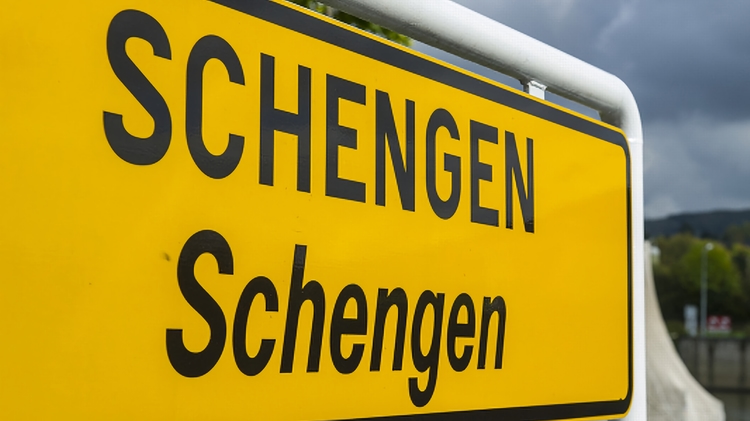The Diplomat
Bulgaria, Croatia and Romania will soon be part of the Schengen area, after the Commission on Wednesday asked the European Council to adopt “without further delay” the necessary decisions to allow these three countries to join the ‘Europe without borders’.
On December 8, under the leadership of the Czech Presidency, the Justice and Home Affairs Council will vote on the full accession of Bulgaria, Croatia and Romania to the Schengen area without internal border controls, according to the European Commission’s representation in Spain.
The European Parliament has also already given the ‘green light’ to the accession of the three countries in an Opinion on Croatia on November 10 and in a Resolution of October 18 on Romania and Bulgaria.
In its Communication to the Council, the Commission takes positive stock of the progress made by these three member states in the application of the Schengen rules. Specifically, it underlines that “over the years, these member states have contributed significantly to the smooth functioning of the Schengen area, including during the pandemic, and, more recently, when they have had to deal with the unprecedented consequences of the war in Ukraine.”
Although these three countries must currently comply with part of the Schengen rules, internal border controls with them have not been lifted, so they do not enjoy all its benefits. The Commission notes that “full membership of the Schengen area is a necessity for these member states and they should be able to do so given that they meet all the conditions.”
Specifically, with regard to Bulgaria, the Commission notes that “they have developed sound border management with systematic controls and effective surveillance at its borders. Priority has been given to the fight against cross-border crime through international police cooperation, in particular with Europol. The Schengen Information System has been consolidated. Bulgaria has also demonstrated that it has the necessary structures in place to ensure respect for fundamental rights, guaranteeing access to international protection and respecting the principle of non-refoulement.”
As for Romania, the report highlights that “it has strong and high quality border management, including border surveillance and systematic border controls, as well as international police cooperation. Romania actively fights irregular migration and human trafficking, two of its priorities. The Schengen Information System is well consolidated. In terms of respect for fundamental rights, Romania has effective structures in place to ensure access to international protection while respecting the principle of non-refoulement.”
Bulgaria and Romania successfully completed the Schengen evaluation process in 2011 – although no decision was taken by the Council at the time – and voluntarily hosted a team of experts in October 2022, which confirmed that both countries “have substantially strengthened the overall implementation of the Schengen architecture in all its dimensions.”
In December 2021, the Council confirmed that Croatia had fulfilled all the conditions for joining the Schengen area, following an inspection visit in 2020 to check its management of external borders. Croatia, according to the Commission, “has made considerable efforts to ensure that external border controls comply with fundamental rights obligations. In particular, it stresses that “Croatia was the first Member State to establish, in June 2021, an independent supervisory mechanism to monitor respect for human rights in border operations involving migrants and asylum seekers.”
Subsequently, on November 4, 2022, a new agreement was signed extending and reinforcing the independent monitoring mechanism. This new agreement, the Commission stresses, “fully reflects all the recommendations made by the Advisory Committee on 27 October 2022″.
The Schengen area is the largest free movement area in the world, currently comprising twenty-two EU countries (Austria, Belgium, Czech Republic, Denmark, Estonia, Finland, France, Germany, Greece, Hungary, Italy, Latvia, Lithuania, Luxembourg, Malta, the Netherlands, Poland, Portugal, Slovakia, Slovenia, Spain, Sweden and Spain) and four non-EU associated countries (Iceland, Liechtenstein, Norway and Switzerland). Ireland maintains an opt-out clause on the abolition of internal border controls.






